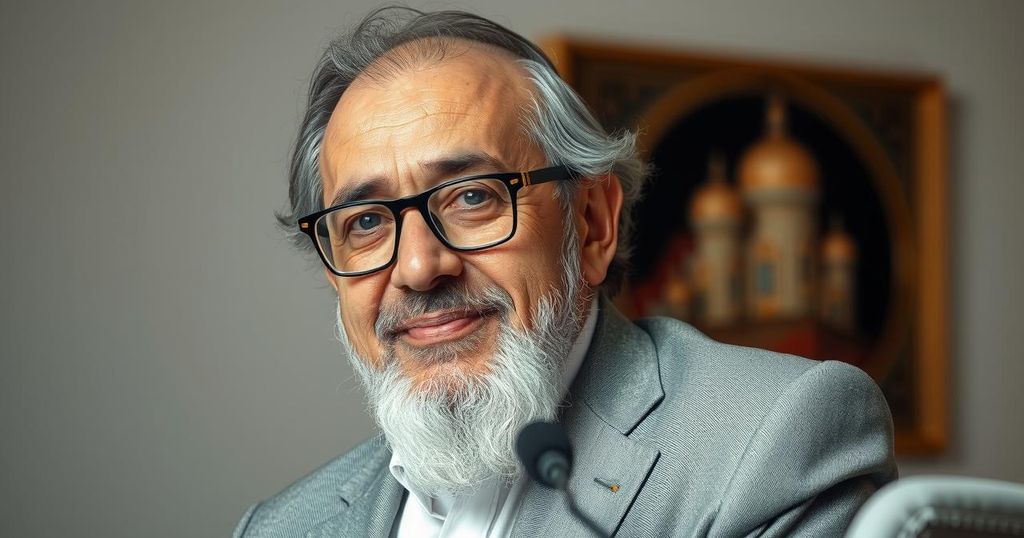This article is a tribute to Professor Mohamed Ibrahim Khalil, highlighting his notable contributions to Sudan’s legal and political landscape, particularly his role in the self-determination referendum for South Sudan. The author reflects on their personal relationship, Khalil’s influence as a mentor, and the enduring significance of his legacy.
Francis Mading Deng reflects on the life and legacy of his esteemed colleague and friend, Professor Mohamed Ibrahim Khalil, who passed away on December 10, 2024. The article beautifully encapsulates Professor Khalil’s remarkable career, highlighting his contributions at both national and international levels. Professor Khalil was a prominent figure in Sudan, having served as Attorney General and Minister of Justice, among other significant roles. He was pivotal in the self-determination referendum leading to South Sudan’s independence in 2011, demonstrating a commitment to justice and integrity throughout his career.
Deng recounts intimate memories from his time at Khartoum University, where Professor Khalil taught Commercial Law with a unique blend of humility and respect for his students. His quiet demeanor left a lasting impression on Deng, who personally benefited from Professor Khalil’s concern when he arranged a critical eye examination. Their professional paths intertwined again during the historic referendum, where Professor Khalil’s measured leadership stood in stark contrast to prevailing political sentiments, proving his commitment to equitable governance.
The depth of their friendship is further explored in Deng’s narrative, detailing their shared experiences in Washington, where they engaged in intellectual discussions and co-authored pertinent papers. Professor Khalil’s increasing detachment from the divisive politics of his party revealed a man committed to finding a common ground within Sudan’s complex political landscape.
In his reflections, Deng emphasizes the misinterpretations surrounding Professor Khalil’s political stance, highlighting how his actions in overseeing the referendum were governed by integrity rather than personal beliefs. He underscores the broader implications of Khalil’s legacy, including the need for compassion in remembrance and honoring such a noble life. The memories of Khalil, as shared by Deng and his family, serve as a reminder of the profound impact educators can have on their students and nations.
Lastly, Deng concludes with a philosophical reflection on mortality, celebrating Khalil’s contributions while emphasizing the importance of continuity through the lives he influenced. The memories and virtues of Professor Khalil will remain as a guiding light not just for his family, but for future generations he inspired.
With an appreciation for the spiritual beliefs of their culture, Deng expresses a heartfelt farewell, acknowledging the enduring legacy of his dear friend, Professor Mohamed Ibrahim Khalil.
This article shares personal recollections of Professor Mohamed Ibrahim Khalil, a notable Sudanese law professor, politician, and influential figure in the history of Sudan. He played significant roles in the Sudanese government, particularly during pivotal moments leading to South Sudan’s independence. The author, Francis Mading Deng, recounts their friendship, Khalil’s influence as an educator, and his integral role in the referendum process, providing insight into the political and social context of their collaborations and Khalil’s legacy.
In conclusion, the reflections on Professor Mohamed Ibrahim Khalil’s life and contributions emphasize his integrity, dedication to justice, and the lasting impact he had on students, colleagues, and his nation. The narrative serves as a tribute, not only highlighting key memories shared with Deng but also illustrating the importance of honoring those who advance the ideals of equity and understanding. Ultimately, Khalil’s legacy will inspire future generations and remain an essential part of the historical narrative of Sudanese independence and governance.
Original Source: sudantribune.com






